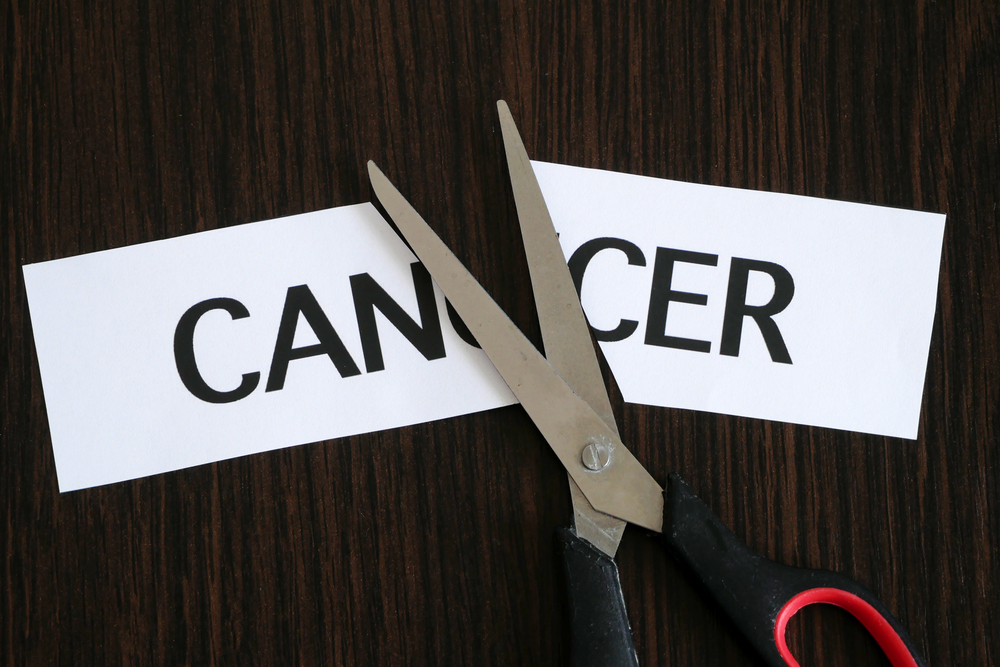February is National Cancer Prevention Month. Did you know that almost half of all cancer cases can be prevented? The Cancer Prevention in Action program at Stony Brook Cancer Center wants to share how you can prevent cancer for yourself and your loved ones.
Vaccinate: The HPV (Human Papillomavirus) vaccine can reduce your child’s risk of six types of cancer later in life. HPV is a common virus, responsible for about 36,000 cancer cases annually in the U.S. These cancers include cervical, vaginal, vulvar, penile, anal, and oropharyngeal–cancers of the mouth and throat. The HPV vaccine can prevent 90% of these cancers by preventing the virus that causes them. If your child is 9 or older, talk to your child’s healthcare provider to schedule. For those who were not vaccinated in childhood, you can still get your HPV vaccine through age 45. Talk to your healthcare provider about your vaccination needs, or get vaccinated at your local pharmacy if you are 18 or older.
Get screened: Cancers such as breast, cervical and colorectal cancers can be detected early through screening tests. These three preventable cancers account for one out of four of all cancer deaths in New York State. Finding cancers early can save lives, as treatment is more likely to be successful. Some cancer screenings can even identify and remove pre-cancerous cells before they develop into full-blown cancer. Examples of cancer screenings are mammograms, pap smears, fecal tests and colonoscopies. Talk to your healthcare provider about what screenings are recommended for your age and risk factors, and how often you should be screened.
Sun safely: Skin cancer is the most common form of cancer in the United States. Overexposure to ultraviolet radiation from the sun and indoor tanning beds is the primary cause of all skin cancers. The use of indoor tanning beds has been linked to increased rates of melanoma, the deadliest form of skin cancer, and should be avoided. Protecting your skin from the sun when outdoors, even in the winter months, can also help reduce your skin cancer risk. Precautions to take include wearing sunscreen daily, [reapplying every two hours when outdoors] covering up with wide-brimmed hats, UV sunglasses, long-sleeved clothing, and seeking shade, especially during the midday sun are all proven ways to reduce risks.
Live healthy: Having a healthy lifestyle is a way to lower your cancer risk. Quitting smoking and vaping, reducing alcohol intake, maintaining a healthy body weight, and staying physically active are all forms of cancer prevention. Health coverage enrollment has also been shown to reduce cancer risk by improving your access to preventive care.
In New York State, nearly one in four deaths is due to cancer. The *CPiA program at Stony Brook Cancer Center is working to change this by educating the community on cancer prevention, mobilizing communities to take action against cancer, and helping organizations and government leaders.
The best time to take action against cancer is before it starts!
Annalea Trask is the program coordinator for the Cancer Prevention in Action grant program at Stony Brook Cancer Center in the Office of Community Outreach & Engagement. Learn more at
takeactionagainstcancer.com.
*CPiA is supported with funds from Health Research, Inc. and New York State.
Image and article originally from libn.com. Read the original article here.

